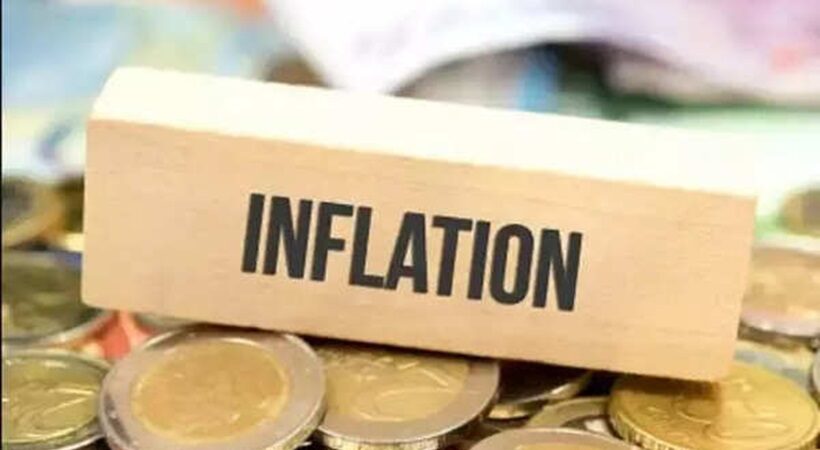The term inflation can refer to either an increase in the money supply or an increase in prices. When we talk about inflation, we mean that prices have risen compared to some benchmarks. When the money supply has been increased, this usually manifests itself in higher prices; it’s just a matter of time. In this write-up, we will consider inflation as measured by the core Consumer Price Index (CPI), which is the standard measure of inflation in the US financial markets. As food and energy prices fluctuate more than other goods, the core CPI excludes them from its formulas.
Gross Domestic Product (GDP):
A country’s gross domestic product (GDP) measures the total output of its economy. It is important to remember that GDP figures reported to investors already reflect inflation. For example, if the gross domestic product rose 6% over the previous year, but inflation increased 2%, the GDP growth would be 4% or the net growth over the period.
What happens when inflation is too high?
In the event of an increase in inflation, the Federal Reserve will be forced to raise interest rates in order to slow the economy down and prevent spiraling inflation of the type last seen in the US in the late 1970s and early 1980s. Previous Fed actions have resulted in recessions.
Main Causes of Inflation:
Demand-pull inflation: An increase in aggregate demand (AD) leads to an increase in the price level (PL), as firms reach their maximum capacity and raise prices. As a result, inflation occurs.
Cost-push inflation:
The Short-run Aggregate Supply (SRAS) will shift to the left if businesses are forced to increase their costs. The Businesses will pass on the extra cost to consumers.
Higher inflation expectations:
A steep increase in prices will force workers to demand higher wages, resulting in a wage-price spiral. Therefore, expectations of inflation are important. If people expect high inflation, it is likely to be self-fulfilling.
Printing more money:
The Central Bank will print more money if inflation rises. That’s because the money supply plays a large role in determining prices. If there is more money chasing the same amount of goods, then prices will rise.
Importance of inflation and GDP:
Individual investors must understand how the gross domestic product (GDP) and inflation affect their decision-making without being overburdened with unnecessary data. The overall economic output will decline or merely be steady, which means that most companies will not be able to increase their profits (which is the primary driver of stock performance); however, too much GDP growth is also risky. Growth in GDP over time causes inflation and inflation if left unchecked could lead to hyperinflation. Most economists today agree that a small amount of inflation, about 1% to 2% a year, would be more beneficial than detrimental.
Calculating GDP and Inflation:
Economists and analysts often begin to pick apart the GDP figure or discount the inflation figure by a certain amount at a given time if it suits their market position. After we account for hedonic adjustments for “quality improvements,” re-weighting, and seasonal adjustments, there isn’t much left that hasn’t been factored, smoothed, or weighted one way or another. As long as no fundamental changes are made to the methodology, rates of change in the CPI (measured by inflation) can be compared from a consistent baseline.



















